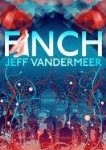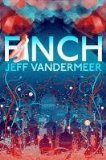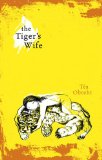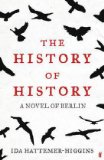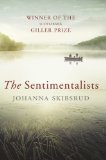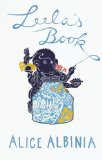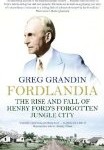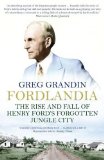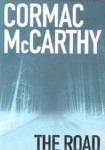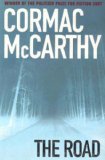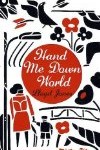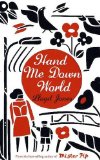I loved The City and the City and was craving a book with a similar style. An Internet search led to Finch, another detective story set in an imaginary universe. Its impressive blurb and Vandermeer’s numerous award nominations led me to request the book from the publishers. Unfortunately this book pushed my tolerance of the bizarre to the limit and I ended up being more than a little confused.
Finch is set in a world dominated by fungus. The ‘gray caps’ are fungi with the ability to walk, but the cities are also covered with networks of mushrooms whose spores have the ability to affect people in numerous evil ways. The central character, Finch, is a detective who is asked to investigate the double murder of a gray cap and a human. The research is very different to that of our world and involves everything from seeing the dreams and lives of others by eating their ‘memory bulbs’ to battling with giant mushrooms. It was all too weird for me. I never really understood the physical laws of the universe and my continual confusion meant that I couldn’t connect with the story.
The writing style also took a long time to get used to. The sentences were often clipped and this gave the text a jumpy feel.
When they looked outside, they’d seen a dome-like haze above the north part of the bay. Green-orange discharge like sunspots. They’d just watched it. Watched it and not known what to say. What to do. Barricaded the house. Spent the rest of the night with weapons within reach.
The pace was fast, but the numerous chase scenes held little interest for me. I wish that the plot had been slower so that I’d have a chance to understand the motivations of the characters a little better.
I also think that I was at a disadvantage by not having read Vandermeer’s two previous books set in the same world. Although all three books are independent I’m sure that a greater knowledge of the surroundings would have led me to appreciate the book far more.
Overall this book was too confusing for me – I need my fictional worlds to comply to more basic principles!
Recommended to anyone who wants to read something very different.
Have you found anything similar to The City and the City?
